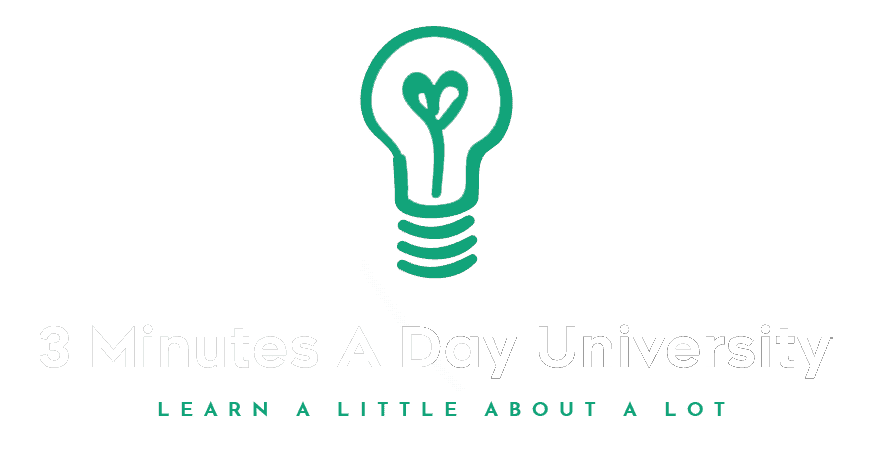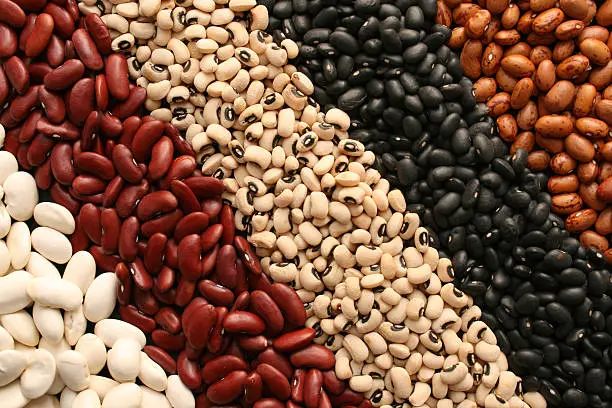
“He’s not worth a hill of beans,” “Bean head,” “Bean counter,” “Beanpole,” and “You’re full of beans” are words and phrases generally used in a derogatory context. But we are not here today to “dig the dirt” on a bunch of slang words and clichés. Instead, we are going to talk about beans – the edible kind.
Summertime is a gift for those who appreciate fresh, home-grown vegetables. The vegetable gods have been good to us this year. The sweet corn has been exquisite, the tomatoes plentiful and succulent, the radishes crisp in texture and sharp in flavor, and the green beans plump and snappy—bursting with flavor.
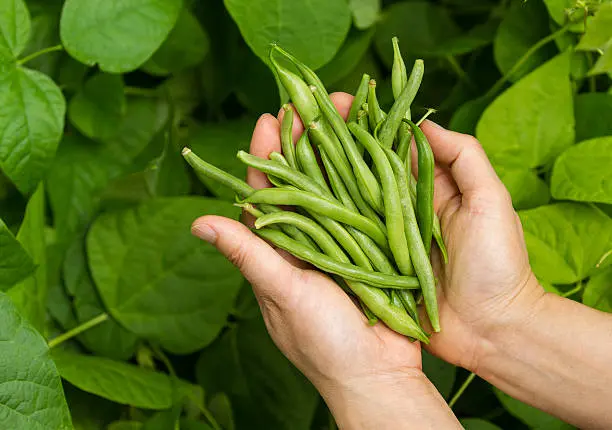
While enjoying a small pile of freshly cooked green beans, I pondered the wider bean world. I wondered if those little white beans inside the green wrapper of the green bean could grow up to be bigger beans if we could resist eating them while they were babies.
The answer was, “Yes, you bean brain! Where do you think all those cans of baked beans come from? And bean soup? And all those bags of dried beans on the bottom shelf at the grocery store?” Well, truth be told, I had never thought much about the topic. Now that I have, I can tell you that bean crops in America are abundant, especially in Michigan, Colorado, Nebraska, North Dakota, and Minnesota. We aren’t alone either, as our neighbors in Canada enjoy a bounty of beans as well.
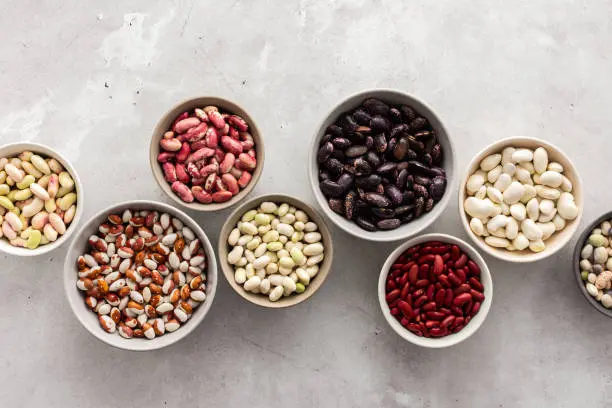
The variety of beans produced includes Pinto beans, Black beans, Navy beans, Cranberry beans, Great Northern beans, Kidney beans, Lima beans, Red beans, Black-eyed peas, and Anasazi Beans. Beans are big business, and the bean counters are watching!
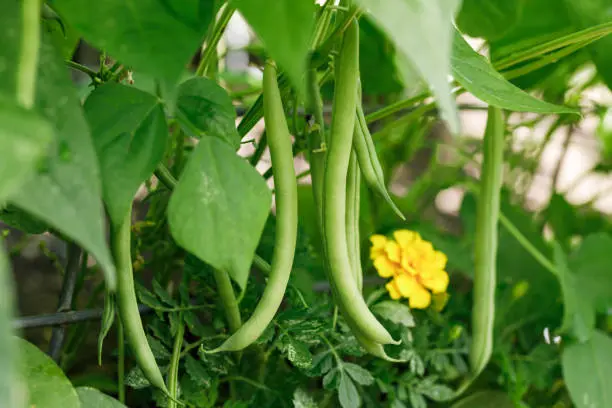
All bean plants start life pretty much the same and have similar life cycles. The time to maturity varies with the individual species. This short video explains the basics.
No conversation about beans would be complete without discussing their importance in our diet.
Beans are an important, interesting, versatile, and beneficial food.
Nutritionally, they are:
- High in Protein: Beans are an excellent source of plant-based protein, making them a staple in vegetarian and vegan diets. They provide essential amino acids, though they are not complete proteins on their own (except for soybeans).
- Rich in Fiber: Beans are high in dietary fiber, which is important for digestive health. Fiber helps regulate blood sugar levels, lower cholesterol, and promote a feeling of fullness.
- Packed with Vitamins and Minerals: Beans contain important nutrients such as iron, magnesium, potassium, and folate. These are essential for various bodily functions, including energy production, heart health, and red blood cell formation.
- Low in Fat: Most beans are low in fat and contain no cholesterol, making them heart-healthy food.
- Low Glycemic Index: Beans have a low glycemic index, meaning they are digested slowly and help maintain stable blood sugar levels, which is particularly beneficial for people with diabetes.
Versatility:
- Culinary Uses: Beans can be used in a wide variety of dishes across different cultures. They can be cooked in soups, stews, salads, dips, and even desserts. Their ability to absorb flavors and their different textures make them a versatile ingredient.

- Affordable and Accessible: Beans are relatively inexpensive and widely available, making them an important food source for people in many parts of the world, particularly in regions where access to meat is limited.
Environmental Benefits:
- Sustainable Agriculture: Beans are legumes that have the unique ability to fix nitrogen in the soil through a symbiotic relationship with bacteria in their root nodules. This enriches the soil, reducing the need for synthetic fertilizers and promoting sustainable farming practices.
- Low Carbon Footprint: Growing beans requires less water and energy compared to raising livestock. They have a lower carbon footprint, making them an environmentally friendly protein source.
Health Benefits:
- Heart Health: The high fiber content and low fat of beans contribute to heart health by lowering cholesterol and reducing the risk of heart disease.
- Blood Sugar Regulation: The slow digestion of beans helps prevent spikes in blood sugar, making them beneficial for managing diabetes.
- Weight Management: Beans are filling, which can help with weight management by reducing overall calorie intake.
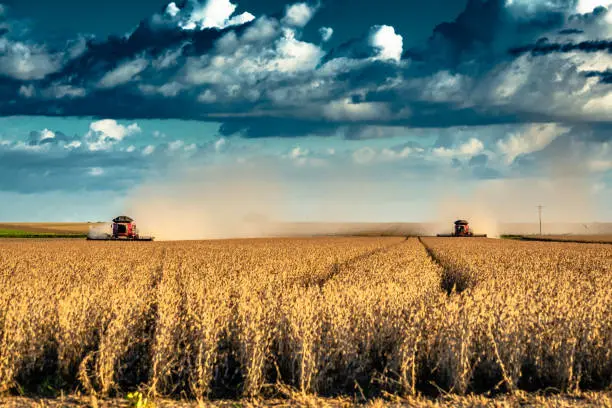
So, There you go, “bean there, done that.”

Welcome to 3-Minutes A Day University, where you can learn a little about a lot of things every day in three minutes or less. We help you expand your knowledge and understanding of the real world, and 3-MAD University is tuition-free. Our wide-ranging syllabus includes a fascinating insight into topics including Health and Medicine, Science, Sports, Geography, History, Culinary Arts, Finance and the Economy, Music and Entertainment, and dozens more. You will impress yourself, your friends, and your family with how easy it is to learn facts and perspectives about the world around you. One topic you will never find covered is politics. We hope you enjoyed the previous three minutes. If you liked this post, please pass it along to a friend.
Was this email forwarded to you? Subscribe Here.
© Copyright 2024. 3-Minutes A Day University All Rights Reserved. Unsubscribe
